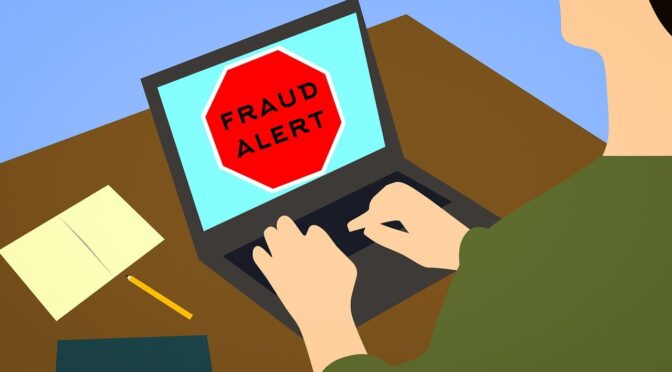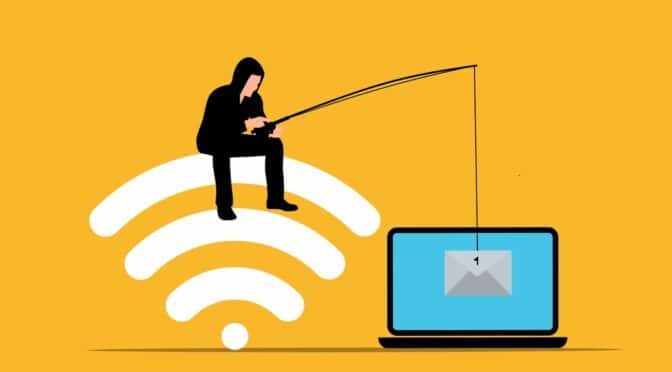Anyone who thinks that a payday loan is an answer to a consumer’s prayer will get a reality check from the new report by the Consumer Financial Protection Bureau (CFPB). The bureau conducted a 12-month study of 15 million storefront payday loans and deposit advance loans and found that these loans are debt traps for many.
Consumers borrow to fill a quick cash need and often end up borrowing again and again. The CFPB says the structure of the loans contributes to trapping consumers in long-term debt.
Key findings include:
- Lenders often don’t consider a borrower’s ability to repay, but take money from a paycheck. That leaves the borrower without money for things like groceries and may cause them to borrow again.
- Payday loans typically must be repaid in full when the borrower’s next paycheck or other income is due. The report finds the median loan term to be just 14 days
- There is not a fixed due date with a deposit advance. Instead, the bank will repay itself from the next qualifying electronic deposit into the borrower’s account. The report finds that deposit advance “episodes,” which may include multiple advances, have a median duration of 12 days.
High Costs:
- Storefront payday loans generally range from $10-$20 per $100 borrowed. That means if you borow $350, you have to repay $400 in two weeks. A loan that goes unpaid for two weeks has an Annual Percentage Rate (APR) of 391 percent
- Deposit advance loans generally cost about $10 per $100 borrowed. On a 12-day loan the APR would be 304 percent.
Repeat Customers
Almost half of payday loan borrowers take out more than 10 loans a year and they frequently take new loans as soon as they pay off the old one.
Deposit advance customers often have an outstanding balance at least 9 months of the year. The CFPB says, “While these products are sometimes described as a way to avoid the high cost of overdraft fees, 65 percent of deposit advance users incur such fees. The heaviest deposit advance borrowers accrue the most overdraft fees.”
The CFPB did not examine the online world of payday lending and plans to do that next.
Are you a payday borrower? Tell us your story. We want to share it with others.
Like us on Facebook and Follow us on Twitter.


